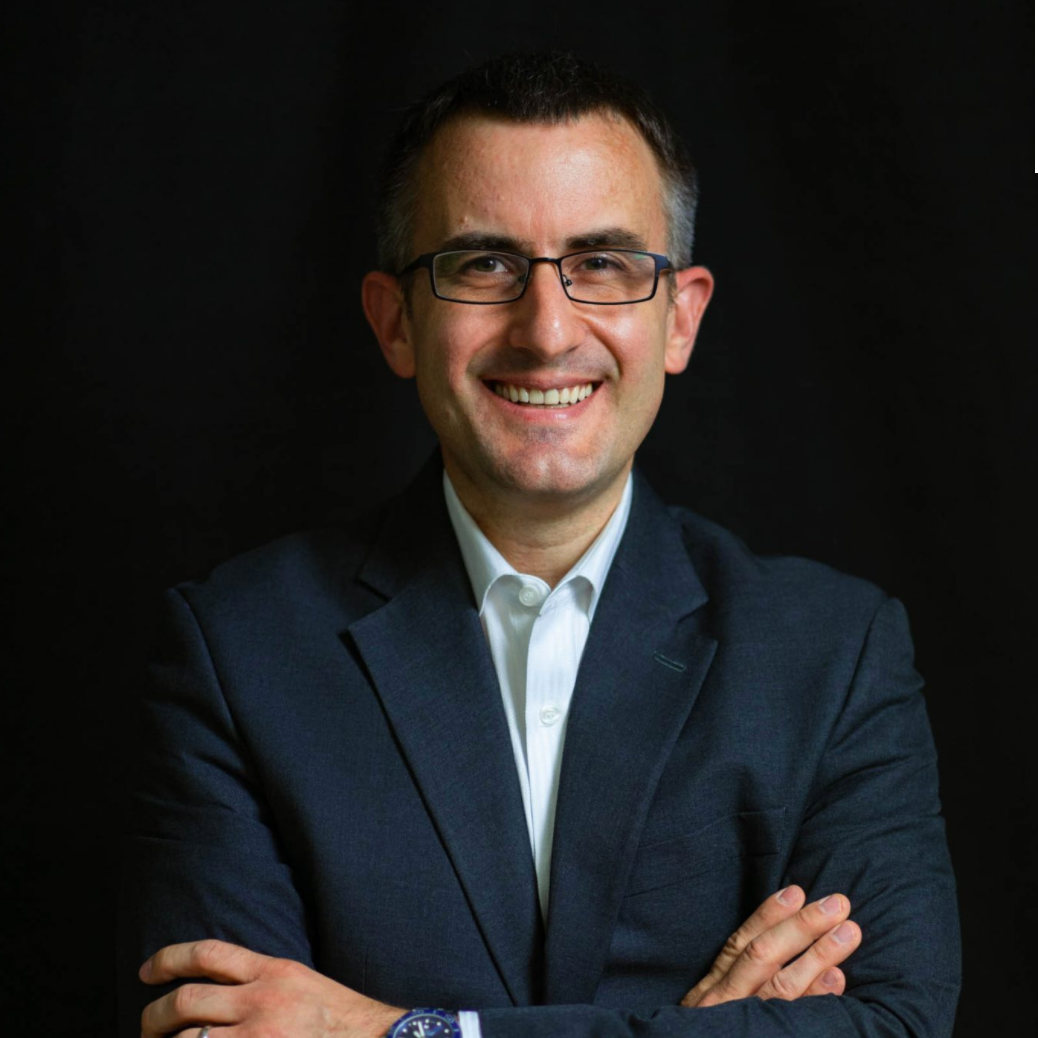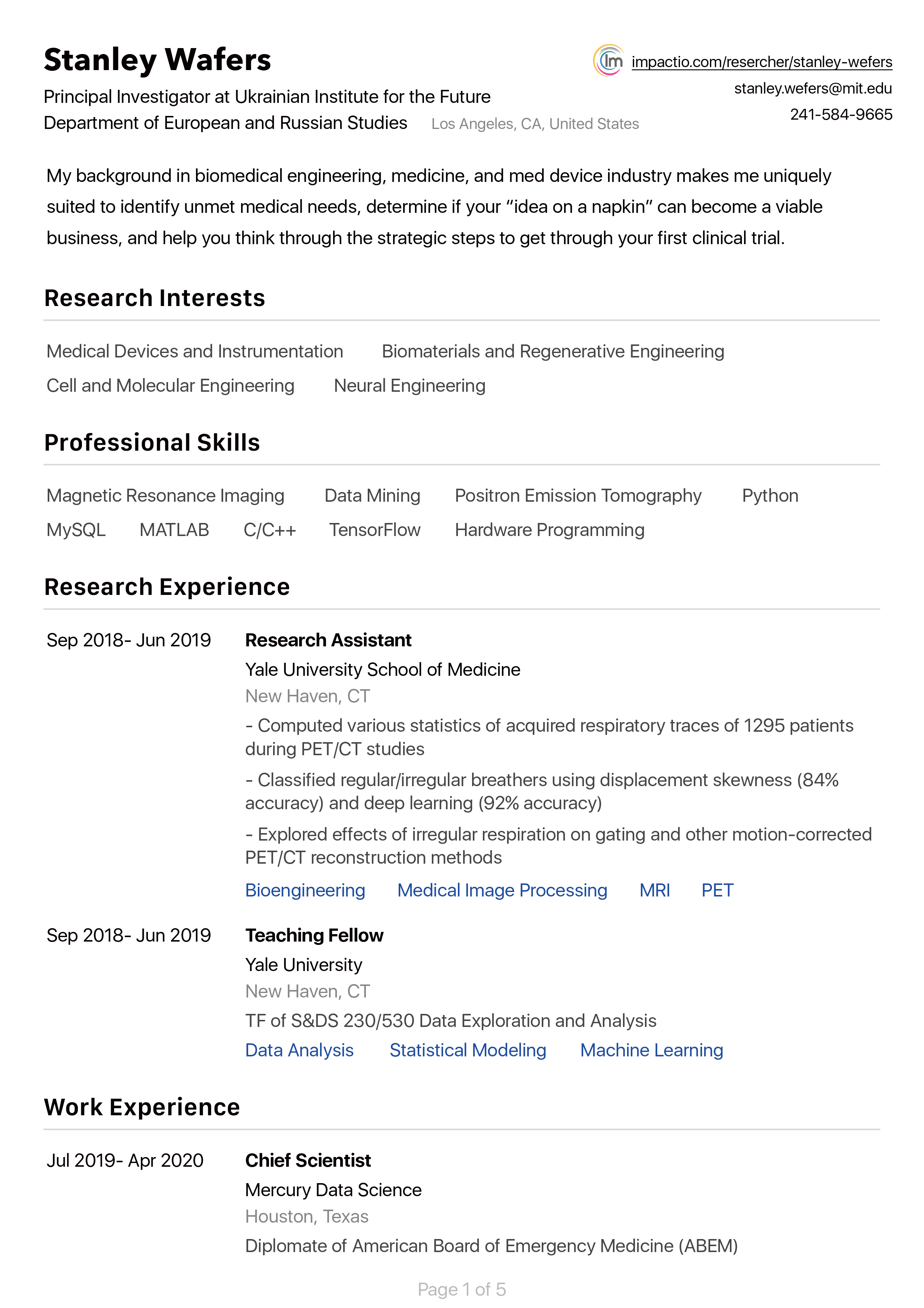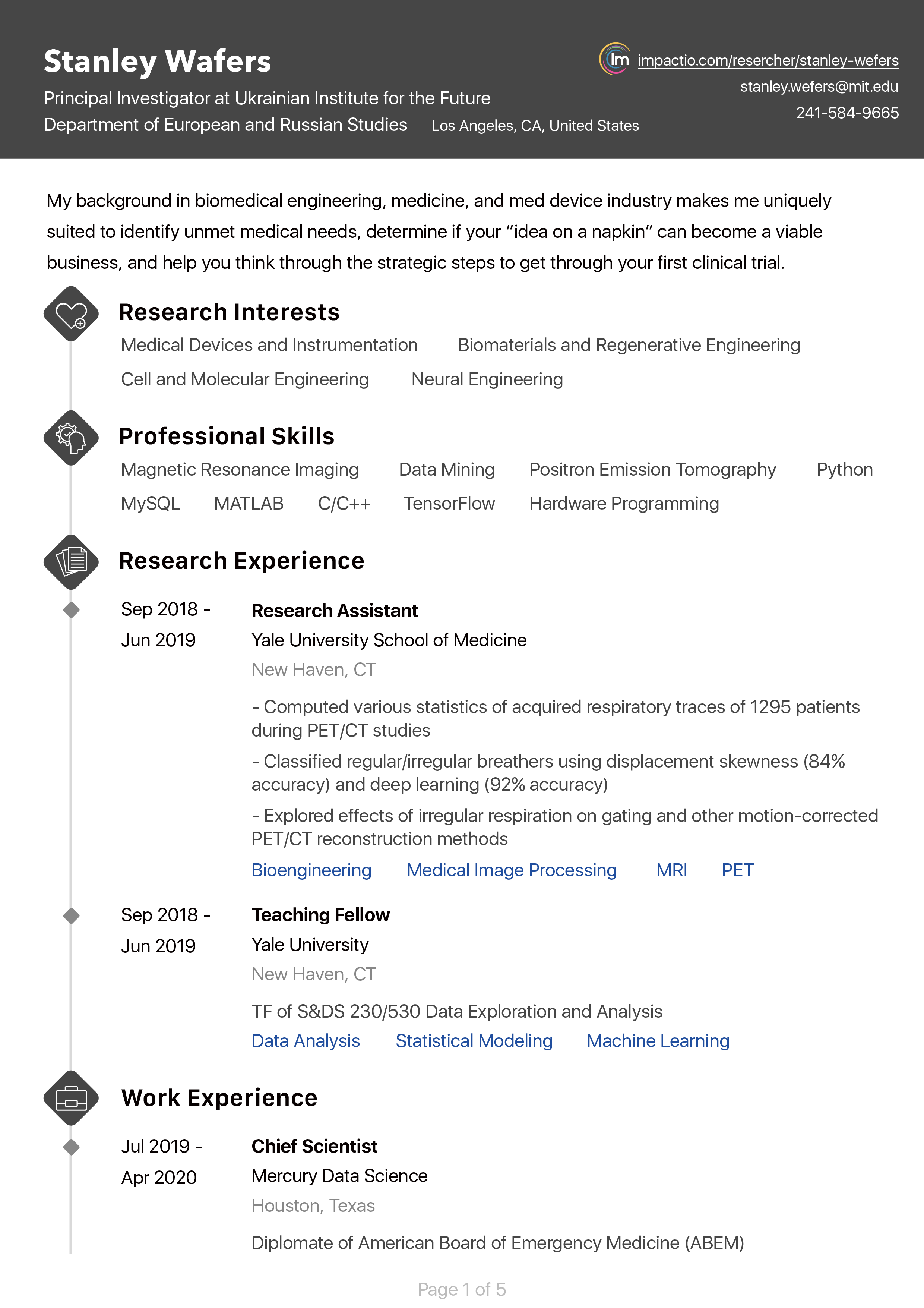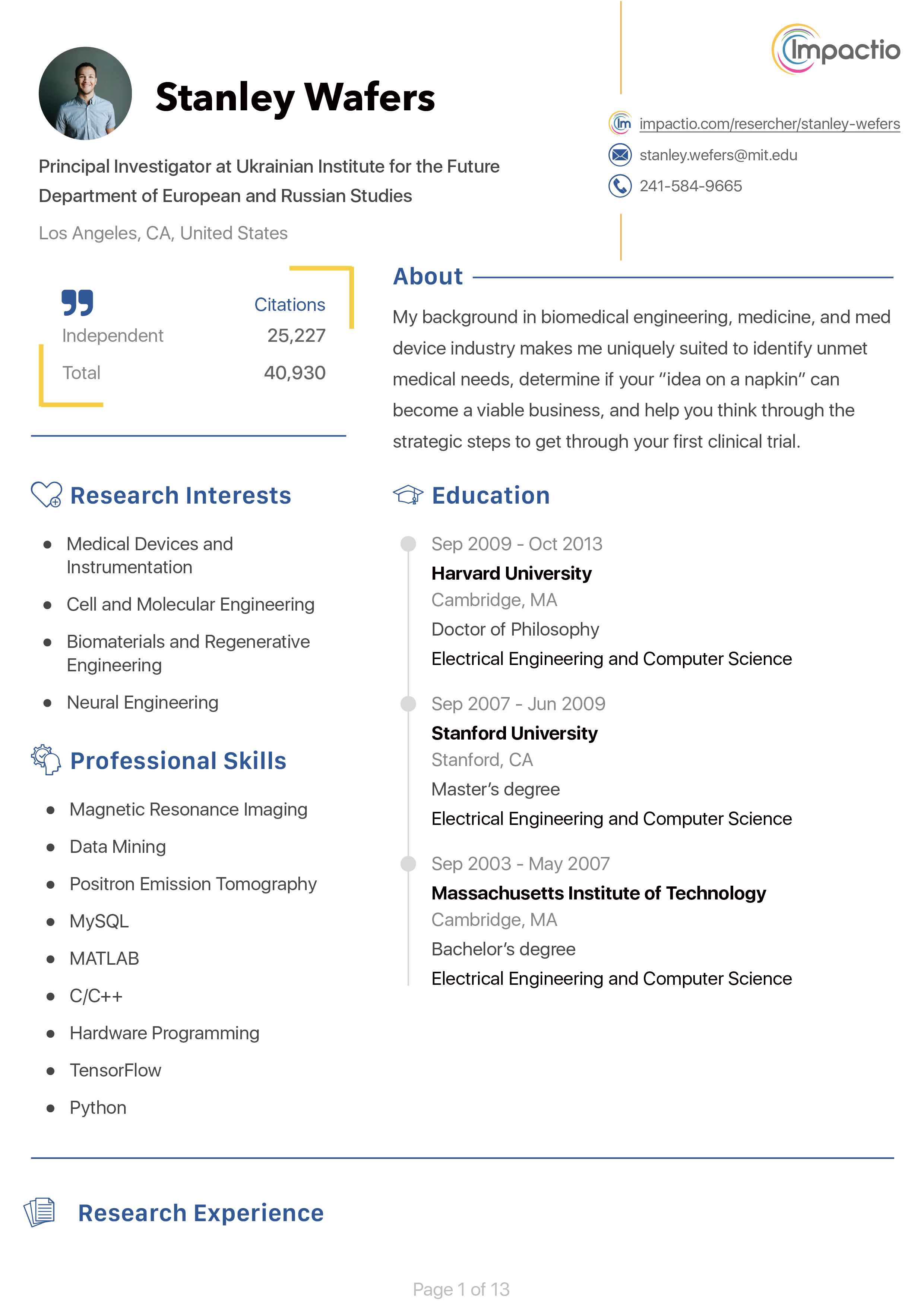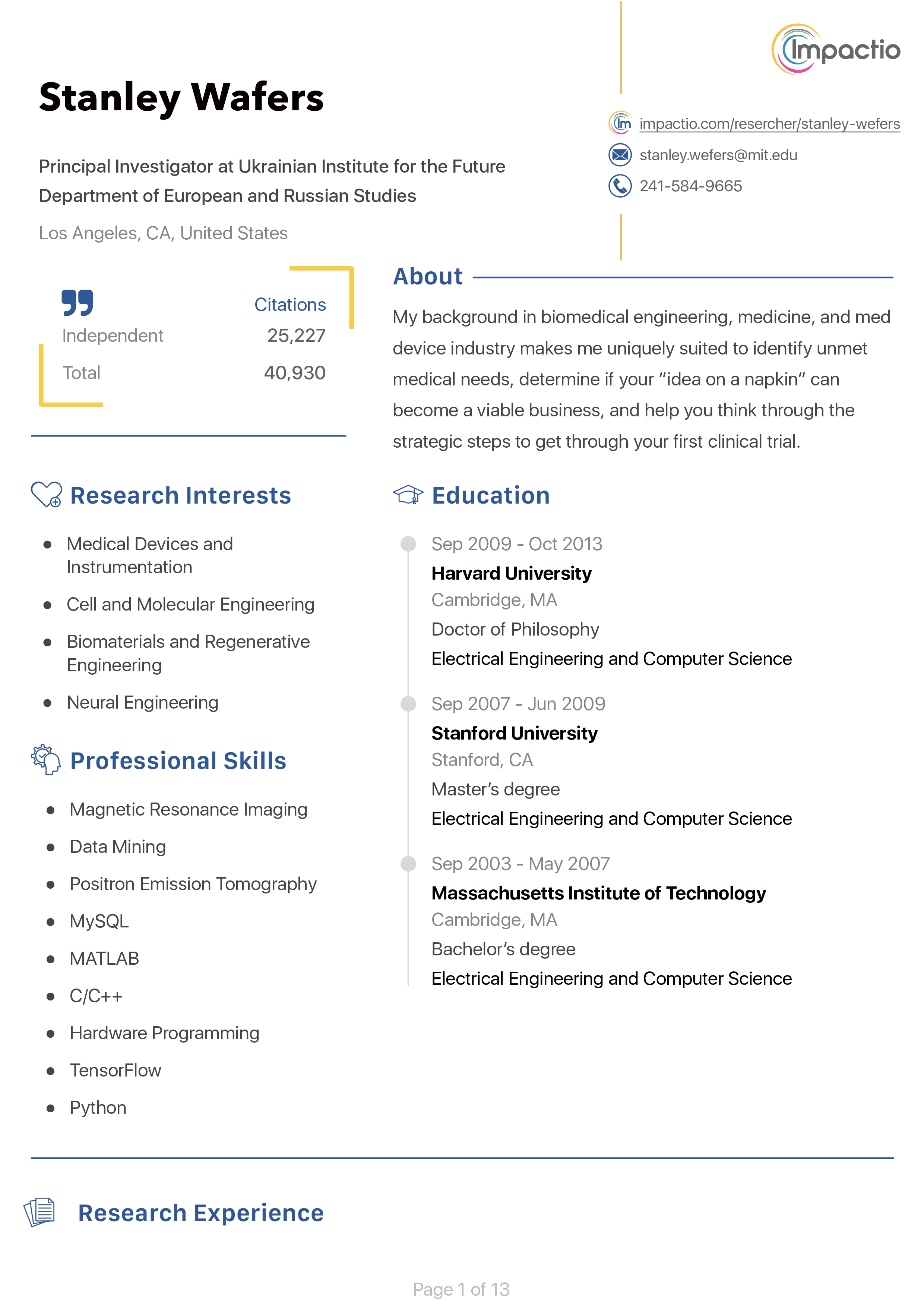Mark’s research areas include include policy and human rights issues relating to the use of artificial intelligence, cross-border transactions utilizing blockchain technology, design thinking, and online learning. Mark is committed to improving the way people learn, collaborate, and communicate through various technologies. Mark teaches International Business Transactions, U.S. Corporate Law, English Legal Writing, AI and Law, Innovative Technology & Legal Practice, and Introduction to US Law and coaches the school’s VIS Moot Court team. Mark teaches in Chinese and English using a combination of Chinese and English language materials.
Mark L. Shope is an Assistant Professor of Law at the National Yang Ming Chiao Tung University School of Law in Hsinchu, Taiwan. Mark’s research areas include policy and human rights issues relating to the use of artificial intelligence, cross-border transactions utilizing blockchain technology, design thinking, and online learning. Mark is the coordinator of U.S. Law Courses, coordinating all aspects of the U.S. course offerings at the NYCU School of Law. This includes providing resources to support teaching and learning and course planning, design, development, delivery, and update. Mark is also the Creative Director at the Center for Digital Governance and Legal Innovation, focusing on design and development of the Digital Law Asia website. This includes soliciting articles, hosting podcasts and video, and coordinating most aspects of content creation for the website. He is also co-coordinator of the Credit Program, which offers options for students and professionals to experience NYCU Law without enrolling in a degree program.
Mark teaches International Business Transactions, U.S. Corporate Law, English Legal Writing, AI and Law, Innovative Technology & Legal Practice, International Negotiations Simulation, and Introduction to U.S. Law and coaches the school’s VIS Moot Court team. Mark teaches in Chinese and English using a combination of Chinese and English materials. Mark is committed to improving the way people learn, collaborate, and communicate through various technologies and many of his courses are entirely online and utilize various technologies.
Mark’s publications can be seen in law reviews in the United States (Stanford, Georgetown, University of Minnesota Law School, and forthcoming at Indiana University Mauer) and Taiwan (The Taiwan Law Review and Contemporary Asia Arbitration Journal).
Mark Shope received his J.D. from the Indiana University Robert H. McKinney School of Law where he was Editor-in-Chief of the Indiana International & Comparative Law Review. He was a Member of the European Law Moot Court Competition Team and subsequently went on to lead the Philip C. Jessup International Law Moot Court Competition team as Coach. He attended the Renmin University of China Summer Law Program in 2010 and served as head of the language review team for the Vienna Journal on International Constitutional Law.
Prior to his studies at Indiana University, Mark obtained an LL.M. at the National Taiwan University College of Law in Taipei, Taiwan. While at NTU, Mark was an Associate Member of the editorial staff for two publications of the Asian Center of WTO & International Health Law and Policy (AWCH)—the Contemporary Asia Arbitration Journal and the Asian Journal of WTO & International Health Law and Policy. His LL.M. thesis, under the direction of Professor Chang-fa Lo, discussed Taiwanese identity issues as they were shaped by the development of the legal system in Taiwan. He built the website www.taiwanlawresources.com, a public resource to aid scholars needing information about all aspects of the law in Taiwan. Mark penned a workbook to aid learners of Chinese law vocabulary and grammar. He wrote the workbook under the direction of Professor Chang-fa Lo for the course “Law and Legal System of Taiwan,” for which he was a teaching assistant during his last semester at NTU.
Mark is fluent in Mandarin Chinese (traditional characters). He completed one year of language study at the National Taiwan Normal University Mandarin Training Center and spent part of one summer at the UCLA-Fudan University Scholarly Translation Workshop in Shanghai, China where he focused on translations of judicial opinions of the Constitutional Court of Taiwan. His training in Taiwan was made possible through a three-year scholarship he received from the government of Taiwan. He was previously a translator and editor of Stanford Law School’s China Guiding Cases Project.
During his studies at IU McKinney, Mark was a summer associate and law clerk in the international group at Faegre Baker Daniels LLP (n.k.a. Faegre Drinker Biddle & Reath LLP). He clerked for Judge Melissa S. May at the Court of Appeals of Indiana and served as an intern at the Centre for Civil and political Rights in Geneva, Switzerland. At the CCPR Centre, Mark coordinated national NGOs to promote their participation in the State reporting process for the International Covenant on Civil and Political Rights, provided support to national NGOs in the drafting of NGO reports, and drafted and delivered an oral statement to the United Nations Human Rights Committee on behalf of a coalition of national NGOs.
Mark’s writing examines international trade issues as they relate to using blockchain technologies. One article examines the legal compatibility of a blockchain bill of lading under UNCITRAL works. Another article relates to how distributed ledger technologies in international trade can enhance customs compliance, promote disintermediation, and create new efficiencies. This article focuses on one technology-driven question for custom law and practice: does the use of distributed ledger technology-based tools and smart contracts for customs compliance purposes subject the idea of a “declarant” or “declaration” to potential re-characterization? Mark’s writing also addresses human rights and ethical issues as they relate to artificial intelligence. One article examples how the use of AI implicates ethical issues for lawyers and judges and the requirement for lawyers and judges to have technical competency in the AI tools they use. This article argues for the requirement to use one or both of the following human interpretable AI disclosure forms when lawyers and judges are using AI tools: Dataset Disclosure Form or Model Disclosure Form. Another article examines the NGO human rights treaty body reporting process as it relates to AI issues. Mark has written on Taiwanese human rights, publishing the definitive paper regarding Taiwan’s enactment of the act to implement the ICCPR and the ICESCR. He has lectured at a number of conferences and universities in Taiwan and has given various workshops in Taiwan, including shadow reporting training.
Mark has compiled and edited a book designed to introduce students to the key principles of U.S. law, serving as a survey of the first-year J.D. curriculum at U.S. law schools. The book focuses on basic foundational subjects: constitutional law, civil procedure, contracts, torts, property, criminal law, legal ethics, and legal research, each in separate topics. Mark built this book based on open-source textbooks, selecting and editing to suit his pedagogical priorities.
Mark was previously an associate at the international law firm of Faegre Baker Daniels LLP (n.k.a. Faegre Drinker Biddle & Reath LLP) where he was a member of the firm’s corporate-international group and litigation group. He represented businesses on various corporate, litigation, transactional, and regulatory matters with an international focus. Matters included cross-border commercial contracting; formation, operation, and management of foreign entities; joint venture negotiation, structuring, and formation; domestic and cross-border stock and asset acquisitions, mergers, and other corporate reorganizations; domestic corporate governance issues; and U.S. import and export regulations, including compliance, investigations, product classifications, licensing, and voluntary self-disclosures relating to the Export Administration Regulations (EAR), International Traffic in Arms Regulations (ITAR), relevant Office of Foreign Assets Control (OFAC) regulations, and U.S. Customs regulations.
Mark is a Visiting Online Instructor at Indiana University Robert H. McKinney School of Law where he designed, developed, and teaches International Business Transactions and Publicly Traded Corporations entirely online.
Mark has rich experience teaching in online environments since he taught his first class online in 2017. Since then, he has taught U.S. Publicly Traded Corporations, Introduction to American Law, and International Business Transactions entirely asynchronously online. He has two Massive Open Online Courses on the FutureLearn platform (AI for Legal Professionals I & II) which have seen thousands of enrollees. Mark has taught courses in conjunction with the Association of East Asian Research Universities (AEARU) Global Learning Initiatives Program Classes and Asian Law Schools Association (ALSA) Global Classroom Project. He has organized workshops on Design Thinking and Law.
